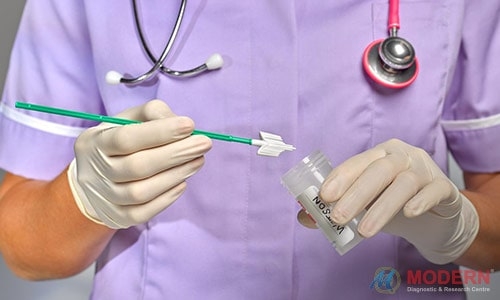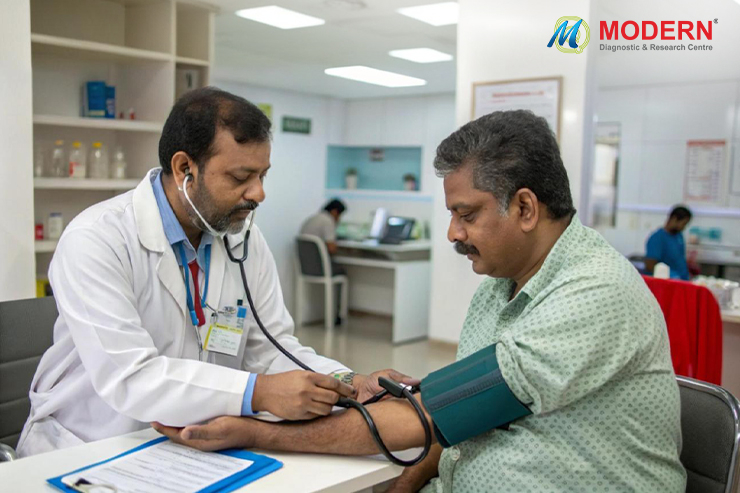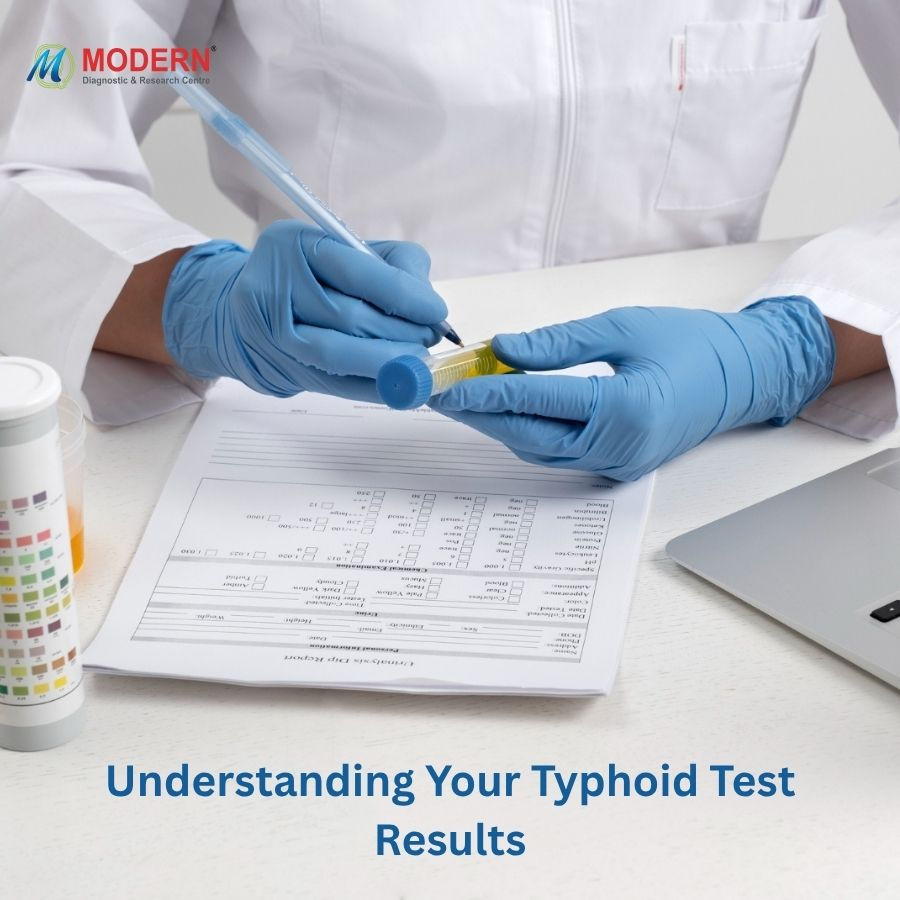A Pap test or Pap smear is a cervical cancer screening test where doctors look for cancer-causing or precancerous cells on the uterus' opening (cervix). Generally, doctors examine cervix cells removed from the cervix to look for the buildup of a virus called HPV or Human Papillomavirus. The procedure is usually minimally invasive and causes mild pain for the short term.
Why Do You Need a Cervical Screening Test?
Pap smear test is mainly conducted to detect the cellular changes due to HPV in the cervix. Doctors can quickly start treatment with early detection of cervical cancer cells to avoid any bigger problems in the future. Pap smear samples can also be used to test for HPV.
It cannot be done to detect other STDs. However, it can detect some cellular growths which could be the sign of other cancers. But you shouldn’t rely on it for other purposes. One can contract HPV by getting physical with a woman or man. It is always advised to practice safe sex to cut down on the risk of contracting this virus. If you are sexually active, you should use barriers like a condom. In addition, you should also get this test done every three years or so.
Who Should Get Cervical Screening?
As a general rule, you should regularly get cervical screening at least every three years when you reach your twenties. Some women are more vulnerable to sexually transmitted infections or cancer. You may need to get it more frequently if-
- Your immune system is too weak because of organ transplant or chemotherapy
- You are HIV-positive
If you haven’t had unusual Pap tests and you are above 30 or when you also have to undergo HPV screening, your doctor may have one test every five years.
HPV is a virus that increases the risk of having cervical cancer and causes warts. The major causes of this type of cancer are HPV type 18 and type 16. You should be very careful if you have HPV as you may have cervical cancer at any point. Women who have had expected cervical test results and above 65 years, may not need the test later on.
As per your sexual activity, you still need pap smears depending upon your age. The HPV virus can be active at any age.
How Frequently Do You Need a Cervical Screening Test?
There are several risk factors and age combined to determine how frequently you need cervical screening, such as-
- Below 21 years – No test needed
- From 21 to 29 years – Pap test needed every three years
- From 30 to 65 years – HPV and Pap test needed together every five years, or HPV test required every five years, or pap smear every three years
- Above 65 years – Ask your doctor before getting any test. Basically, you won’t need this test.
If you have a cervix, you may consider these recommendations. If you never had cervical cancer before and you have a history of hysterectomy when the cervix is removed, you no longer need this test.
Women with a history of cancerous or precancerous lesions or weakened immunity should ask the doctor before going for any laboratory services in Gurgaon.
Preparation
You can visit your gynecologist for a separate Pap smear test or schedule your annual gynecological examination with Pap smear. Your doctor may reschedule the screening if you are on your period on the day. You may be suggested to avoid douching, sexual intercourse, or spermicidal products around 24 hours before the test as results may not be accurate.
It is highly recommended to get a Pap smear test done in the initial 24 weeks of pregnancy because it can be more painful if you delay. After childbirth, it is also recommended to wait for 12 weeks to ensure the accuracy of results. If your body is relieved, Pap smears won’t cause any discomfort. Take deep breaths and stay calm when going for the test.
What to Expect During the Procedure?
The test doesn’t take a long time, and it won’t be too painful. You will need to lie back on the table and keep your feet resting and legs apart. A device named “speculum” will be inserted into the vagina to keep the walls open to access the cervix. A small specimen of cells will be collected through one of these ways-
- Some doctors use a brush and a tool named “spatula.”
- Some use spatula only.
- Some use the combination of brush and spatula “cytobrush.”
During the short scraping, you may feel a bit of irritation and push. The lab will keep the sample of cells and send it for testing.
You might have some discomfort or cramping after the test. Light vaginal bleeding may also happen just after the test. Ask your doctor if bleeding doesn’t stop or you keep feeling discomfort after 24 hours.
Book an online appointment for Pap smear test or cervical cancer screening at MDRC India, one of the best laboratories in Gurgaon.
















